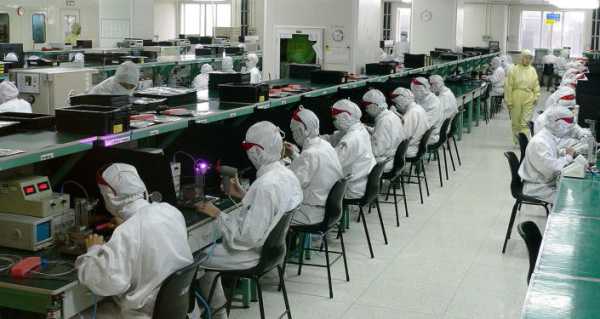
Scientists at the National Research Nuclear University MEPhI have suggested an effective method of processing one of the key materials used in modern electronics, indium-tin-oxide (ITO). According to the researchers, the new technology will enable more efficient and cost-effective use of the limited reserves of expensive indium.
Transparent conducting electrodes (TCE) are a group of materials that are widely used in modern technology and have both high electrical conductivity and transparency. Usually, metal oxides have these properties.
According to scientists at MEPhI, indium-tin-oxide (ITO), belonging to this group, is one of the key materials of the modern electronics industry. Today, almost no computer, smartphone, or TV is produced without it, and it is in great demand in photovoltaics (the conversion of light into electricity) in the manufacture of solar panels.
The scientists explained that ITO’s use in electronic devices often requires complex heat treatment at 400 ºC in an oxygen or nitrogen atmosphere, resulting in structural, optical, and electrical degradation of the material. The new method of ITO processing, proposed by the scientists at MEPhI, makes it possible to completely avoid this.
According to the scientists, the demand for indium is increasing, but its reserves are very limited and the cost is very high. The results obtained by the MEPhI experts will help develop a more economical and effective strategy for ITO’s application in modern industry.
The research was conducted jointly with specialists from Madurai Kamaraj University (India) and the University of Oslo (Norway). In the future, scientists plan to study in detail the physical and chemical mechanism of ITO heat treatment in a carbon dioxide atmosphere, and to develop a number of electronic elements based on the new method.
The study results were published in the journal Materials Letters.
Sourse: sputniknews.com






